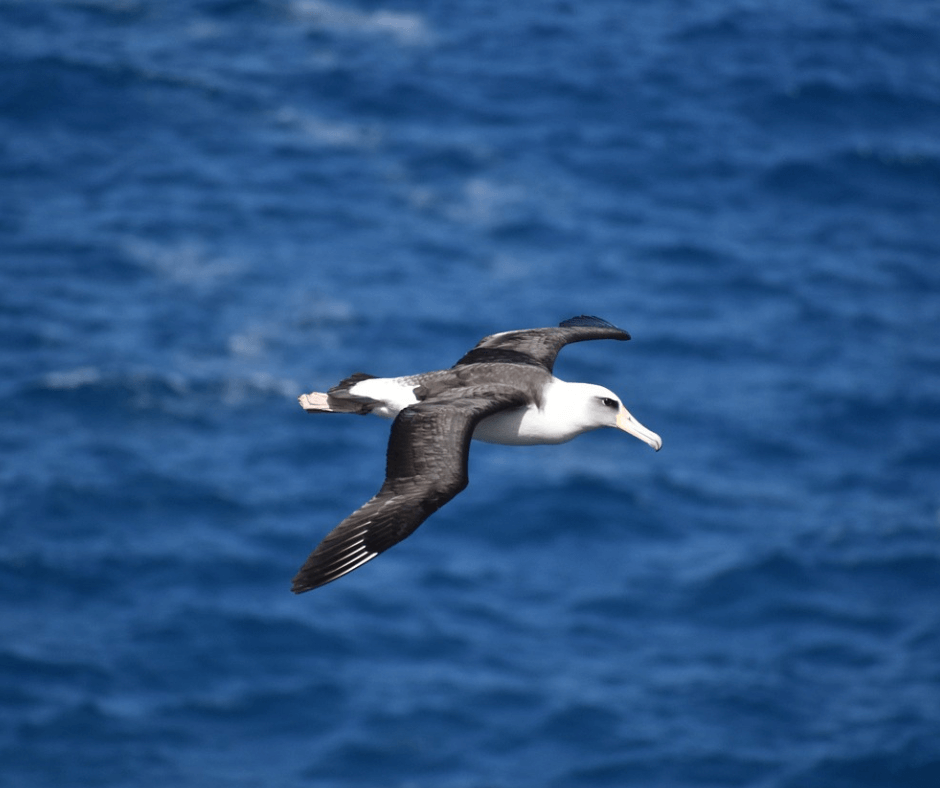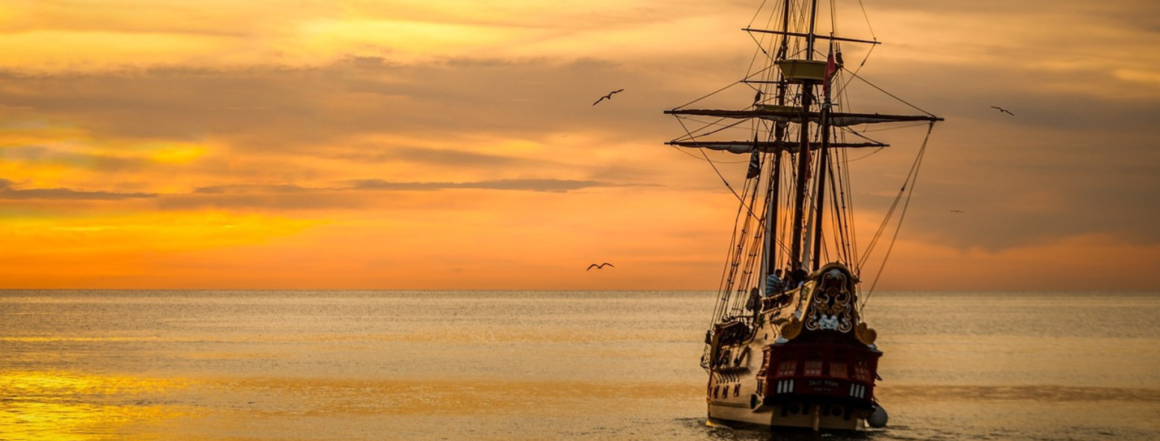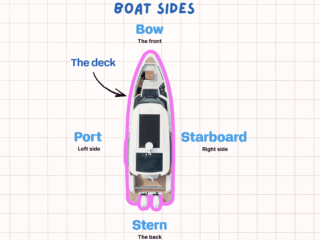Share the post "The Mysterious World of Sailor Superstitions"
The nautical world is one of many wonders. For years and years, sailors have sailed the seven seas, all having different motives for doing so. While the objectives of their excursions are different, fishermen, pirates, travelers, and everyone that has some kind of experience sailing all share something in common: sailor superstitions.
Sailor superstitions have persisted through time and are still in the minds of many seamen today. From bad omens to prohibited behavior, there are many legends and beliefs that people that brave the sea still follow to avoid bad luck on their journey. These beliefs often stem from attempts to explain the unpredictable and sometimes perilous nature of life at sea. Let’s explore some of the most enduring sailor superstitions and their intriguing origins. Some of these, you might want to keep in mind for your next charter with us, all while experiencing the magic of the sea.
1. Whistling or singing into the wind
Whistling is widely considered as something that brings bad luck aboard a ship. Sailors believe it could “whistle up a storm.” The idea was that whistling tempted the wind, inviting potentially dangerous gusts and even storms. Historically, many sailors observed that the sound could be mistaken as an unnatural disturbance at sea. This superstition still persists, reminding sailors to respect the power of nature.
🗨️If you decide to go on a sailing trip, don’t forget to not whistle, otherwise you might have to shorten your trip because of bad weather.
2. Bananas on Board – A Forbidden Fruit
Bananas have been seen as a bad omen on ships, dating back to the Caribbean trade in the 1700s. Ships transporting bananas were said to experience more accidents and fatalities. Possibly because bananas spoil quickly, as they release a gas that could spoil other food. Some even say that ships transporting bananas attracted venomous spiders that harmed the crew. To this day, many sailors leave bananas on shore.
🗨️Now, we don’t know if those statistics still stand today, but just to make sure, opt for an apple.
3. Don’t Set Sail on a Friday
Fridays have been deemed unlucky for setting sail, particularly due to their association with the crucifixion of Jesus, which, according to Christian tradition, occurred on a Friday. British naval myths even speaks of a ship called the HMS Friday, allegedly created to disprove this superstition. The ship, its crew, and its captain (all named Friday) were rumored to have disappeared on their maiden voyage. Whether true or legend, the superstition persists.
🗨️Don’t worry though, whether it’s a Monday, a Wednesday or a Friday, sailing in proper conditions will always be safe with Click&Boat 😉
4. Renaming a Ship – A Curse to Avoid
Changing the name of a ship has long been considered risky business, as ships are thought to develop a spirit of their own. Sailors therefore think that if its identity gets altered, the ship would get offended. Sailors believed that to rename a ship without proper rituals and blessings would bring misfortune. Some rituals involve removing all mentions of the previous name and conducting a “purging” ceremony to appease the spirits.
🗨️I mean, who would like to be called the wrong name? So why do it to your trusted vessel?
5. The Albatross – A Harbinger of Luck

Seeing an albatross was seen as a sign of good luck and guidance, as the bird was often associated with the souls of lost sailors. However, harming or killing one was said to bring severe bad luck. This belief was famously depicted in Samuel Taylor Coleridge’s The Rime of the Ancient Mariner, where a sailor who kills an albatross is cursed with relentless misfortune.
🗨️If you happen to see one during your charter, make sure to pay your respects!
6. The Cat’s Nine Lives – A Sailor’s Companion
Cats were considered lucky onboard ships, especially black cats. They were believed to have protective powers. These animals were valued for keeping rodent populations in check and were seen as having a mystical connection to the spirit world. Superstitious sailors even believed that a cat falling overboard forecasted a storm, reinforcing their role as guardians of the ship.
🗨️Therefore, if you see a black cat before going to your charter, don’t be scared and take it as a good omen!
7. “Red Sky at Night” – A Weather Predictor

The saying “Red sky at night, sailor’s delight; red sky in the morning, sailor’s warning” originates from the observation of weather patterns, with red skies often signaling changing conditions. Sailors relied on these natural indicators as early forms of meteorology, trusting them to guide their journeys. To this day, many people recite this saying, and it remains a trusted motto for weather forecasting.
🗨️Suddenly, watching the sunrise could have a whole new meaning…
8. Coins Under the Mast – A Token of Protection
Coins placed under the mast were a form of protection, with roots in ancient burial practices meant to appease sea gods and spirits. This practice was believed to ensure a safe passage and honor the spirits watching over the ship. By leaving an offering, sailors hoped to secure fair winds and calm seas on their journeys.
🗨️So, before leaving on your trip, make sure you leave your house with a coin in your pocket.
9. Tattoos – The memories of a life at sea, and saviors in case of disaster
Nautical tattoos are also a big part of sailing culture. During long voyages, sailors would tattoo each other to kill boredom. And while some of them represented the tales of the sailor’s life at sea, some others were purely here because of superstitions. For example, sailors would get rooster and pig tattoos on their feet. The reason? They believed that the animals would prevent them from drowning. This stems from the fact that those animals would be transported in crates that would float in the event of a ship wreck.
🗨️We’re not sure how reliable this is, but we never know, right?
While technology and science have given sailors more tools for navigation, these ancient superstitions remind us of the time when sailors relied on traditions, rituals, and beliefs to guide them. Whether one sees them as mere legends or truths, sailor superstitions remain a fascinating part of nautical culture. They still consume the thoughts of some sailors to this day. So, next time you embark on a boat, you may just find yourself avoiding bananas, whistling, and saying a small prayer to the albatross.











